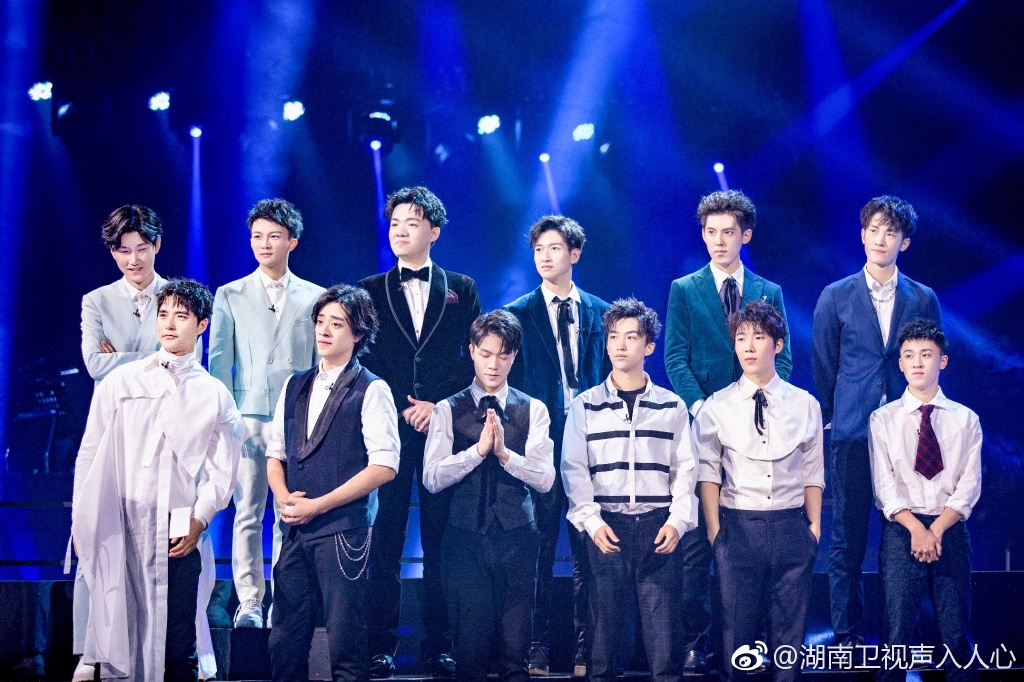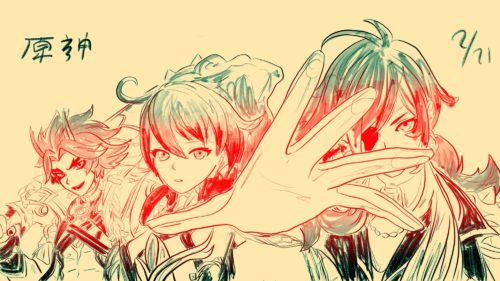Chinese variety show ‘Super Vocal’ gives young opera singers their chance to shine

The viral variety show Super Vocal, produced by Hunan TV, penetrates the singing variety show market with its unique approach — showcasing Western operas and musicals.
Singing contests have been successful ventures for TV show producers in China, so broadcasting stations tend to repackage ideas and launch numerous similar singing variety shows every year. While the market has long been oversaturated, some shows outdo the others by importing popular overseas variety shows and remaking them.
Big singing shows like Singer, Sing! China, and The Rap of China became popular not only because of their all-star casts but also because the songs being performed and produced on the shows belong to the pop music genre. Unlike in Western countries, operas and musicals have always been indifferently received in China. Many regard opera as Western art that won’t appeal to the Chinese public’s interest. However, when the producers for Super Vocal heard that as many as 100,000 students study opera in China every year, they realized the potential for a opera and musical-themed variety show to be a television gold mine.
Super Vocal earned early stage attention by marketing itself as the opera version of Produce 101, a popular Korean show recently imported and remade by Tencent Video. In order to appeal to the mass public, Super Vocal producers cast thousands of opera students and selected 36 male finalists with outstanding appearances and academic backgrounds. A few of them have studied at world-class institutes such as The Juilliard School and Yale. After receiving some positive feedback about the contestants, the production team went further, promoting the singers in couples and encouraging bromance.


However, the show failed to satisfy opera and musical traditionalists and loyal fans for bending too much toward pop idol culture. Critics think that the audience cared more about the chemistry between the singers than about their performances and the genre of operas and musicals. Moreover, they condemn the editing as unprofessional for cutting off some performances halfway, which they find disrespectful to the performers and the performances. Some audiences complained about the song selection being too superficial and the competition rules being unreasonably pushy, giving contestants only a few hours to rehearsal.

Unsurprisingly, coupling popular contestants did increase the hype for Super Vocal and helped the program establish a solid fan base. As the show officially wrapped a few weeks ago with tremendous buzz, its performers are off to concert tours and other major singing variety shows. We don’t know how long the public’s appetite for operas and musicals will last after the show, but Super Vocal did, at least, open a window for young opera performers in China to look for a bigger stage.





